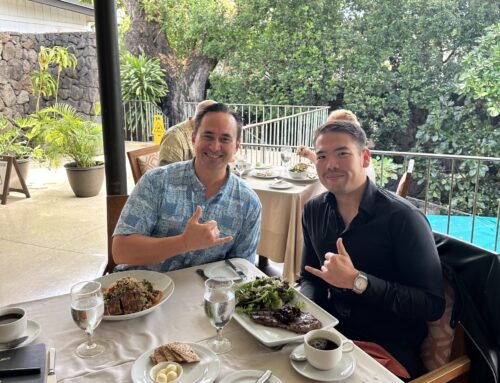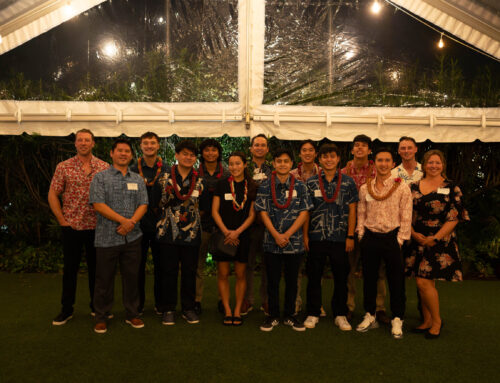High school counselors are one of the best sources of information about financial aid. While counselors may share this information with students and/or parents through individual sessions, this isn’t always a viable option, especially for larger schools with hundreds of graduating seniors.
So how can counselors ensure students and parents are informed of the college scholarship process?
A financial aid night is one of the best ways to share all these crucial details. Keep reading to learn more about financial aid nights is and how to host one virtually.
What is a Financial Aid Night?
Each year in the fall, high schools hold financial aid nights. The purpose of these events is to simplify the financial aid process for prospective college students and their parents.
During the event, counselors will want to discuss various topics, including
- The FAFSA process
- Information about grants, private lenders, and scholarships
- Tips for applying for financial aid
- Common acronyms (i.e., COA and EFC)
While financial aid nights are usually held in person, they can also be beneficial in a virtual environment. Skype, Zoom, Slack, and Microsoft Teams are all great platforms for hosting this type of event.
Tips for Planning a Virtual Event
Recently, virtual events have become more popular than ever before. When planning a virtual aid night, there are some things you’ll want to keep in mind to ensure the event is a success.
Plan Far in Advance
Students and parents need to learn about the financial aid process long before applications are due. Ideally, counselors will want to hold the event at least four to six weeks before the due date.
Time is also important. Aim for early evening when most parents will be home from work. This way, you can have as many people in attendance as possible.
Review Important Financial Aid Handouts
During financial aid night, make sure that attendees have access to all the must-have documents. NASFAA has provided several handouts regarding the financial aid process.
In a virtual setting, these documents can be displayed on the screen while reviewing them one-by-one. It may also be helpful to create financial aid night packets that get sent home with students. This way, they have hard copies of each file.
Host Several Events
Instead of hosting one long financial aid night, consider having several throughout the year. Break up the events by topic as they coincide with the financial aid process. For example, a schedule like the below can be helpful:
- Late September – FAFSA and Ways to Pay for College
- Mid to late October – Understanding Student Loans & Repayment
- Early January – Tips for Saving for College
- Early to mid-February – Understanding the Financial Award Letter
Having several virtual financial aid nights instead of one long event minimizes the risk of information overload. By focusing on a single topic, attendees won’t feel rushed, and you can spend more time answering questions or concerns.
Introduce Scholar’s App
Who doesn’t love a good app, especially one that simplifies the scholarship application process? Scholar’s App is a platform that benefits counselors, students, and parents.
It connects students to verified scholarships while enabling counselors and parents to track their student’s progress. The app even offers a college-ready checklist to help students every step of the way!
Introduce the app and encourage all students and parents to use it.
Final Thoughts
With careful planning, all counselors can hold a successful virtual financial aid night that helps students and parents understand the ins and outs of receiving grants, scholarships, and other forms of financial assistance.



